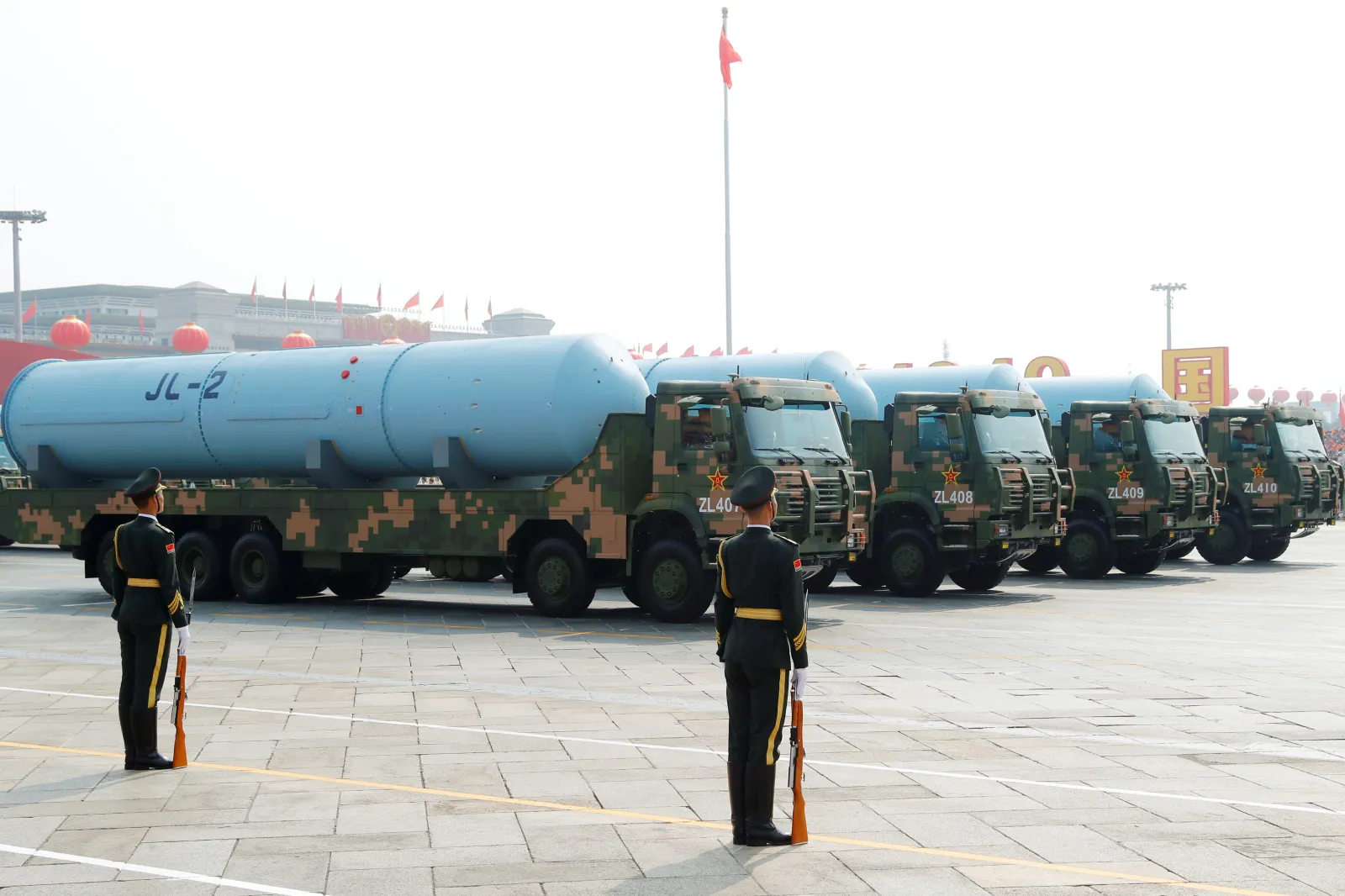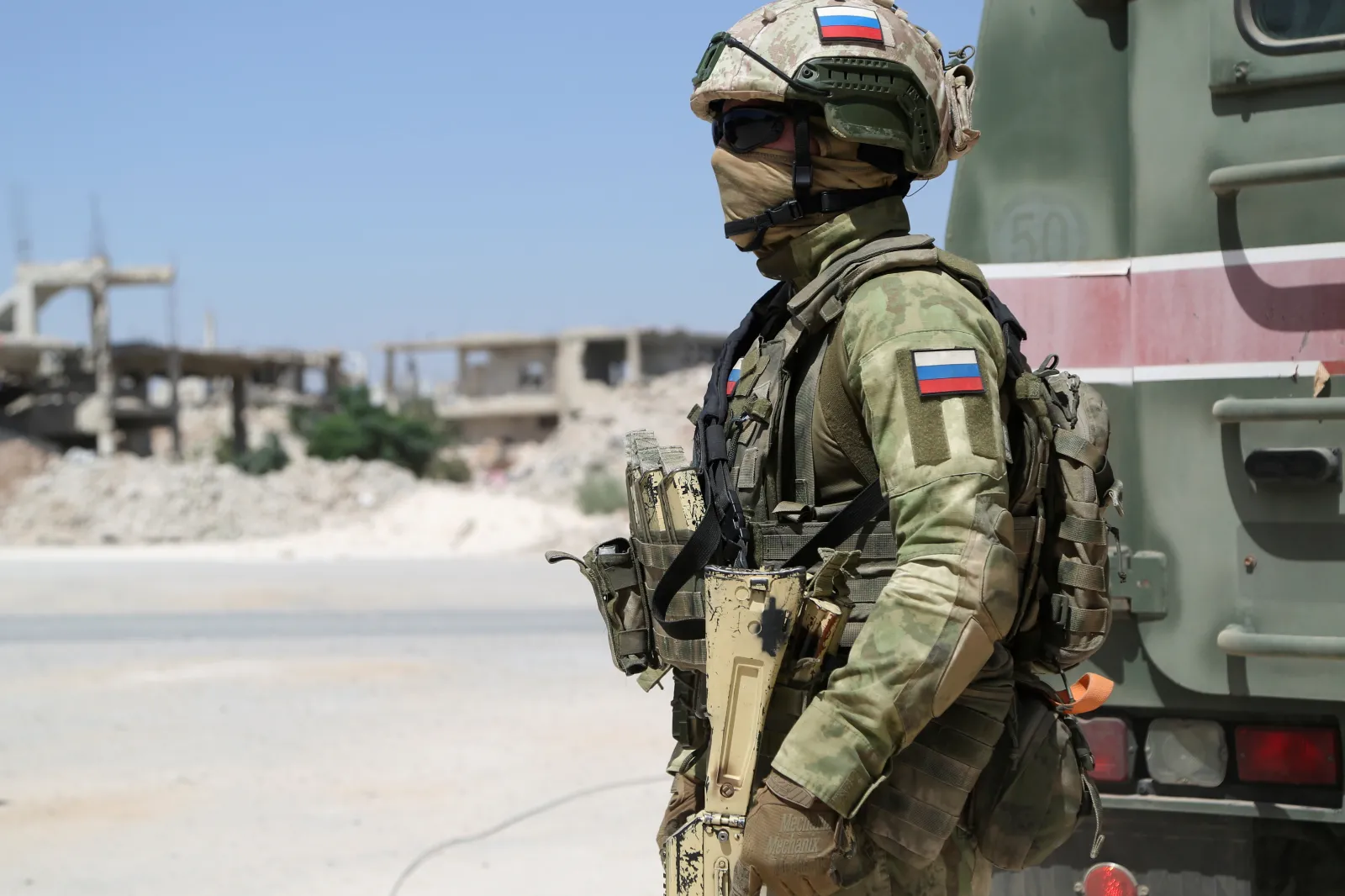Since the 1990s, Beijing has spurned Washington’s invitations to participate in nuclear arms control negotiations. Instead, it has expanded and modernized its arsenal: the country’s estimated 500 nuclear warheads are on track to double by 2030. China’s advances, along with North Korea’s, has had knock-on effects in the region. Despite U.S. security assurances, a majority of South Koreans now want their country to have its own nuclear weapons, and Japan’s long-standing aversion to the bomb is also eroding. Asia is now on track to see a destabilizing arms race in the years ahead.
If it acts quickly, however, Washington can stem these worrying developments. In February, Beijing invited the world’s nuclear states to negotiate a “no first use” treaty. (The United States, which has more than ten times as many nuclear weapons as China, maintains a first-use option.) After so many rejected advances, the United States should welcome China’s overture to talk. If Beijing is prepared to negotiate in good faith, Washington should respond in kind—and press for a broader arms control agreement.
Washington must engage in tough, even coercive diplomacy, making it clear that Beijing faces a stark choice: participate meaningfully in substantive negotiations or brave a massive U.S.-backed nuclear buildup in its own backyard. And if Chinese leaders decline to do so, Washington could begin discussions with Seoul and Tokyo about nuclear-sharing arrangements, as well as move faster to update and enlarge its own arsenal, channeling investments to its nuclear weapons defense industrial base.
Some observers might object to this tough approach, arguing that it will contribute to nuclear proliferation. But there is an instructive precedent for Washington’s use of coercion to bring states to the arms control negotiating table. In 1983, Washington deployed nuclear-tipped Pershing II missiles in West Germany and ground-launched cruise missiles in Belgium, Italy, and the Netherlands. Rather than prompting escalation, this aggressive move compelled Moscow to engage in diplomacy that led to the 1987 Intermediate-Range Nuclear Forces Treaty, which eliminated all intermediate-range forces from Europe.
Today, Washington should strengthen its missile defenses, and those of its allies, ramp up U.S. deployments of nuclear-armed submarines and nuclear-capable bombers, and pursue nuclear-sharing arrangements with Seoul and Tokyo. Just as such moves drove the Soviet Union to the bargaining table in the past, they could convince China to negotiate in the future.




